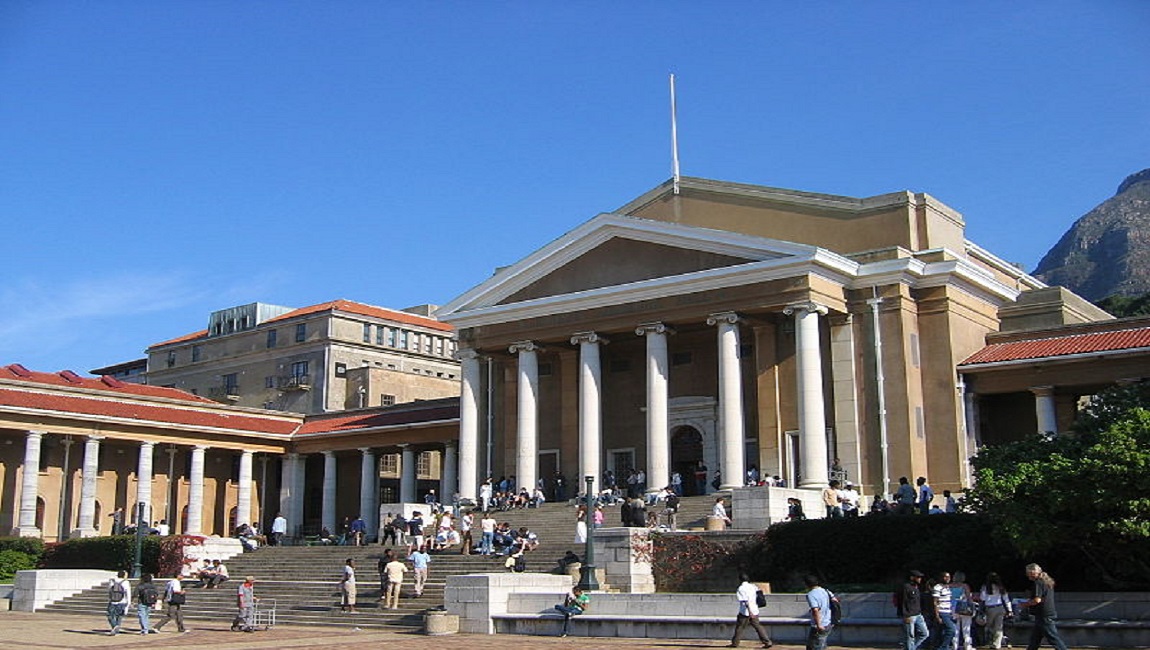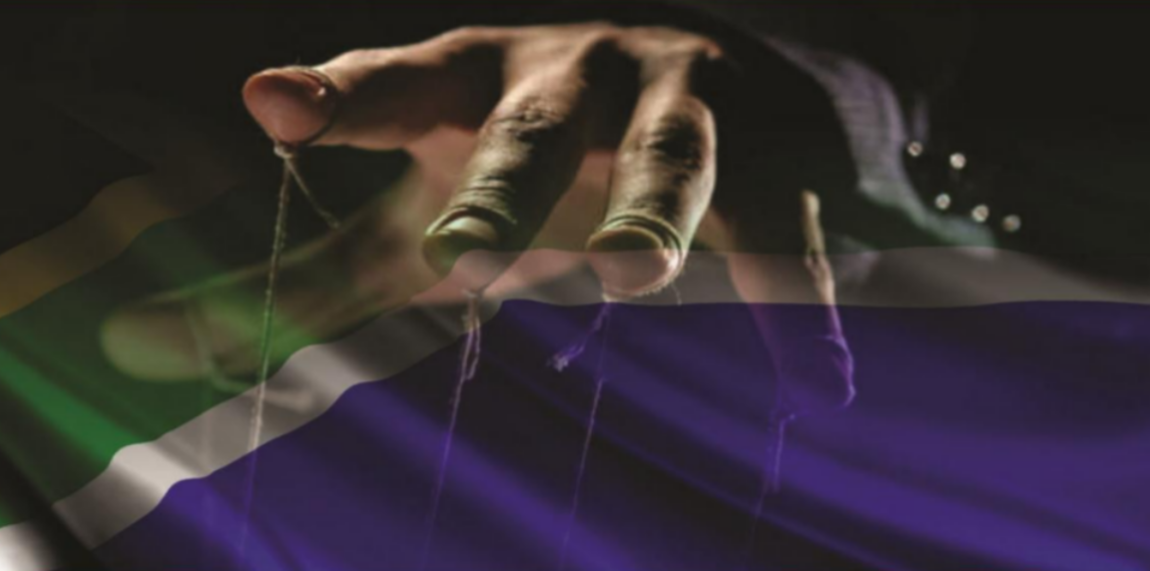UPDATE: In a statement, UCT noted and appreciated an apology made by the lecturer who responded to Soeker’s query about breaking fast during exams. UCT said the lecturer’s response was ‘distasteful’ and ‘inappropriate’. The UCT lecturer expressed an unreserved apology.
“I see now that my response was appallingly ill-considered and hurtful, and has caused offense to the student in question, as well as to the broader UCT community and beyond. I am deeply ashamed at the lapse in judgement present in my communication, and the hurt it has caused, and hope that my sincere apology can be accepted,” the lecturer said.
“The University of Cape Town (UCT) confirms that provision has been made to accommodate students who wish to observe Eid during the exam period,” said a statement from the university on Wednesday. It comes after backlash from UCT Muslim students about how inconsiderate and unaccommodating the university had been regarding members of its student body observing Ramadan and Eid during the exam period. Students are particularly unhappy that they will have to write exams on Eid Day when they should be celebrating a religious holiday.
The UCT Exams Office sent the relevant protocols and rules for exams to Deans and Heads of Departments, including a reference to how exams on Eid are to be handled last week. The statement was released on Wednesday 16 May despite that students had been negotiating with the university since February.
Aaliyah Vayej, third-year politics, history, and sociology student, and head of current affairs for the Muslim Student Association (MSA) at the university, had been liaising with the examinations board and other relevant bodies to address the issue.
“The MSA had flagged this as an issue at the beginning of the year, and we started working on this issue when campus started in February in order for the exams office to have sufficient time to make relevant concession or be alerted about Eid and the issue of having it fall in the exam period,” she said in an interview with The Daily Vox.
“We’d been inundated as an MSA with emails from undergraduates who said they were stressed out that exams fall on Eid, asking for advice on how to deal with this,” Vayej said.
Vayej said the MSA accepted that the university would not cancel all exams on the day of Eid as Muslim students are a minority on campus. The MSA proposed that the 08:00 exams on Eid Day were moved as Muslims from some schools of jurisprudence hold the Eid morning prayer compulsory.
The university responded and said while UCT is fundamentally “an areligious institution”, Muslim students could apply for a one hour deferral which would allow them to write at 09:00 and not 08:00, and therefore have time to pray the Eid prayer.
In the statement, the university said besides the one hour concession students may opt not to write a paper during Eid and apply for a deferred exam to be written early in second semester and not later than six months as has been the case previously.
“What I’d like to say is that the institution has been quick to throw policy in our face and say “we are an areligious institution and you’ve consented to be here so you need to follow the policy” and there’s no room for change,” Vayej said. She also said it’s very difficult to work within institutional bounds when you’re a student society “that has little or no sway”.
“The general university response has been inefficient and intolerant. I understand the university cannot make a concession to every single minority but it has put a whole lot of Muslim undergraduate students under immense amounts of pressure and anxiety to be expected to do this,” she said.
Vayej is scheduled to write politics on Eid at 08:00 as well.
Nuhaa Soeker, a third-year psychology student who will be writing exams during the time she is expected to break her fast, emailed a lecturer asking if Muslim students would be allowed to eat something substantial when breaking their fast in the exam room.
The lecturer replied to her in an email and said: “By breaking the fast, do you mean a five course meal with dessert or a small snack whose eating would disturb no one around you? The exam office, which runs the exams (not me!) makes no mention of this, and you would have to approach them for clarification. But please tell me what you see as fast-breaking…”
Soeker said such a reply was unwarranted and rude. “I don’t think he was denying us the opportunity but the reply is ignorant and disrespectful. It shows the lack of knowledge of Muslim concerns,” she said in an interview with The Daily Vox.
The way the university was dealing with Ramadan and Eid during exams, she said, shows that it is not primarily concerned with diversity and making people feel culturally included. “They keep saying they are a secular university, but do not pride yourself on diversity if minority religions are not acknowledged as something important to your student body,” she said.
The university statement said students who wish to break their fast and pray during the 17:00 exams in the Ramadan will be accommodated. Students will also be allowed to take a short break, should they wish to exit an exam session, escorted by an invigilator.
Shu’aib Datay, a fourth-year law student will write an international human rights law exam at 14:00 on Eid day. Datay said while the situation is not ideal, at least he won’t miss the Eid prayer. “What makes this especially ironic is the fact that I’m writing human rights law and that our Constitution makes special provision for religious beliefs and activities,” Datay said.
He acknowledges that when you register at UCT, you align yourself to its code of conduct but said the only time a constitutional right can be limited is when it can be justified. “In this case, I don’t think it can be justified,” Datay said. He said a less intrusive means of UCT achieving what it needs to achieve would have been to move the exam on Eid – which falls on the last day of exams – one day backwards. “I don’t think it would have affected anyone that drastically especially as I’ve seen how Wits has accommodated Muslim students, that does make me a bit upset,” he said.
Aisha Hamdulay, vice president of the MSA Union and justice and transformation honours student said students at universities like University of KwaZulu-Natal and the University of the Western Cape had said to the MSA Union that their institutions have been much more accommodating, some even planning the exam calendar so that no exams fall on Eid. “If they are able to be flexible and considerate, why not UCT?” Hamdulay asked.
Hamdulay said about the UCT statement that it is not surprising that once students approach the media, the solutions they were asking for months ago after being told are not viable, suddenly become viable overnight.
“Eid is the most important day in the Muslim calendar, much like Christmas is to Christians. It should be spent with family and friends, not in an exam room,” she said. If UCT preaches an agenda of transformation, Hamdulay added, religious consideration for all religions should be high up on that list.









